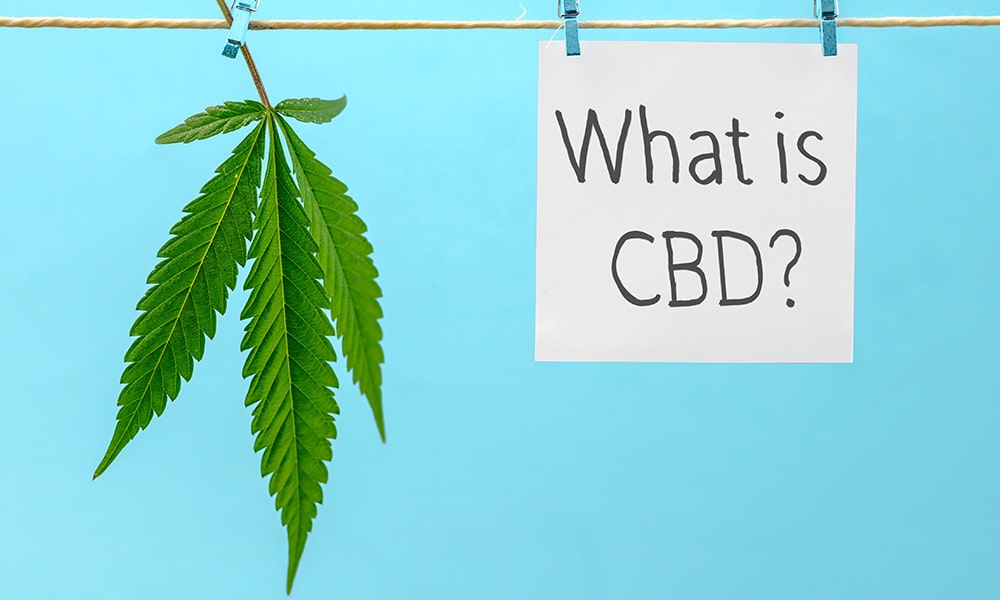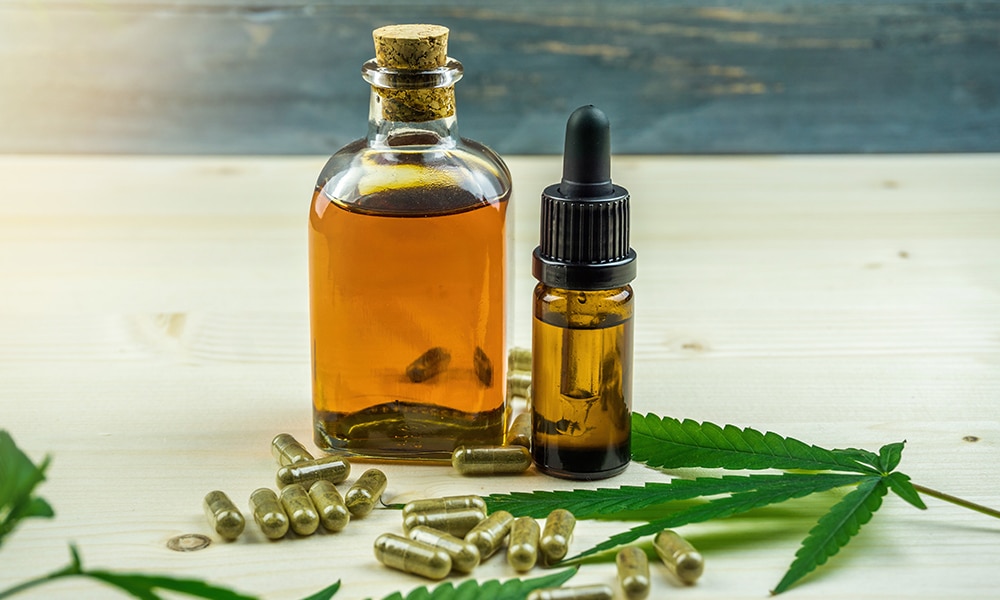The cannabis plant is incredibly complex. It contains more than 400 compounds, including terpenes, flavonoids, and cannabinoids. All of these compounds work together to provide several significant benefits such as pain relief and the reduction of anxiety symptoms. You’ve likely heard of two of the most prevalent cannabinoids in cannabis: CBD and THC. If you find yourself wondering, “what are CBDs?” we have the answer.
What Are CBDs?
CBD stands for cannabidiol, and it’s one of the more than 100 cannabinoids in the Cannabis sativa plant. It’s one of the most abundant cannabinoids, as well as one of the most well-known (second only to THC).
While CBD and THC are both cannabinoids, they do have some differences. THC causes users to get high. It’s not the only psychoactive cannabinoids in the cannabis plant, but it is the most potent. CBD, on the other hand, doesn’t have the same intoxicating effects. It, and the other cannabinoids, work within your body to produce various effects, such as pain relief.
How CBD Works
Like other cannabinoids, CBD works within your endocannabinoid system, the system responsible for maintaining homeostasis within your body. The ECS regulates numerous functions, including your hunger, metabolism, stress, mood, immune system, fertility, and more. Imbalances in the system can throw your whole body out of balance.
Your body produces natural endocannabinoids that bind to the cannabinoid (CB) receptors in your ECS to help restore and maintain balance. Many of the cannabinoids, including THC, in the cannabis plant bind with the CB receptors in a similar manner to produce various effects.
CBD doesn’t bind directly with CB receptors; the receptors are too large. It still works within the system, however. It can block other cannabinoids from binding. In this manner, it can lessen the effects of THC. It does bind with serotonin and vanilloid receptors, which can help to alleviate anxiety, reduce pain and inflammation, and regulate your body temperature.
Potential Benefits of CBD
Research on CBD is still new, but there are numerous promising potential benefits. These benefits include:
- Pain relief
- Anti-inflammatory effects
- Neuroprotectant
- Anti-seizure
- Anti-anxiety and antidepressant properties
- Sleep aid
One of the great things about CBD is that it doesn’t have any significant side effects. Some people may experience dry mouth, fatigue, or diarrhea, but these effects tend to be mild. CBD (and cannabis in general) also doesn’t have the same negative side effects as conventional prescription pain relievers and sleep aids do.
Ways to Take CBD
Today, you have numerous options available for taking CBD. There are countless products on the market, such as:
- Cannabis buds for smoking and vaping (high CBD low THC strains)
- CBD oils for vaping
- Tinctures
- Capsules
- Edibles (foods and beverages)
- Topicals
When selecting a CBD product, you might notice that there are a few different types: full-spectrum, broad-spectrum, and isolates. Isolate products are CBD-only, and they don’t contain any other cannabinoids or terpenes. Full-spectrum products contain a broad array of cannabinoids (including THC), terpenes, and flavonoids. Broad-spectrum products are similar but lack THC. For the most effective results, look for full-spectrum products.
CBD is only one of several cannabinoids in cannabis, but it’s one that holds a substantial amount of potential. You can find a wide range of high-quality CBD products at your local dispensary.



